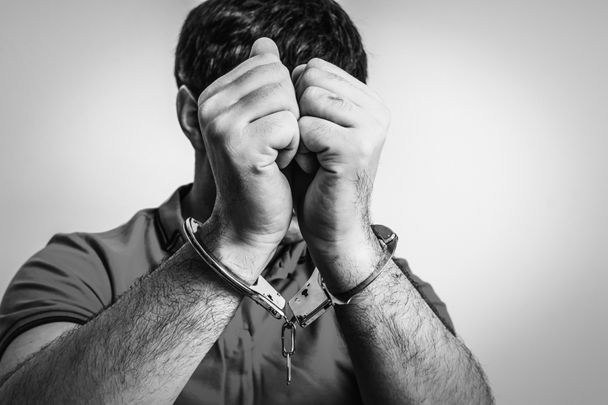Recently a report was released that confirmed that the majority of children sent to prison in Ireland in the 1960s were not actual offenders.
Instead they were incarcerated for years on end for the most Irish of crimes: poverty and neglect, or as Dr. Fiachra Byrne from the School of History in UCD memorably puts it, “They were suffering from status offenses.”
Status offenses, an Orwellian sounding condition. Being poor and for the most part unloved, they made the wider Irish society deeply uncomfortable. They challenged our image of ourselves as a caring people.
So the solution was to just silence them, take them off the public streets, hide them from our judgmental eyes, decade after decade.
Often they were kept in their cells for up to 14 hours a day. They were fed the restricted diets of adult prisoners, with frequent bouts of solitary confinement and loss of sentencing remission.
Read more: Another babies mass grave suspected in Tuam
Byrne, who is currently researching the mental health of juveniles in custodial institutions in Ireland and England from 1850-2000, told TheJournal.ie that there was a huge resistance to the practice of child psychology in Ireland up to the 1950s due to the close connections between state and church.
“Psychology was often seen as subversive to Catholic morals,” he claims.
It was also an attempt to stop them from talking, of course. Hearing from young people about what was happening to them was discouraged for a reason.
Effectively what this meant is that these children were actively prevented from giving voice to their own predicament, prolonging their suffering. It was also because they knew too much, had too much to say that was damaging to church and state.
In the early 1960s the famous Artane Industrial school had over 700 boys, who Byrne describes as “quite young kids with almost no offenders at all in there. These children were kids deprived of a normal home life and they didn’t have proper affection.”

The Artane Industrial school had over 700 boys.
For decades the Artane Boys Band, in their distinctive uniforms, played at all the main Irish sporting events at Croke Park and even in the United States, hidden in plain sight.
Year after year they were paraded before us as wholesome examples of Ireland’s commitment to the unfortunate and the unlucky. But in fact they were being routinely beaten, abused and exploited by the thousands.
“The band was an extraordinary facade back then at that time,” Patrick Walsh, who played the clarinet in the band during the 1960s, told The Guardian in 2009.
“It was used by the church and state to convey a bogus image of wholesomeness that did not exist in these institutions. In Artane, the brothers were men of violence. On a daily basis, I witnessed some savage behavior meted out to me and other boys."
Walsh added, “The boys in the band didn't receive a farthing, the Christian Brothers pocketed the money. We did the work, they took the money. There is a word for it: unpaid labor, or slavery. They also had a 500-acre farm at Artane, growing potatoes and vegetables, and we, the kids, worked in the fields without pay.”
The Ryan Report in 2009 confirmed what anyone with even a cursory awareness of Irish society already knows: that from the mid-1920s until the early 1970s, thousands of Irish children officially in the care of the state were subjected to a childhood-long regime of sexual abuse and wage-less slavery.
Officially declared criminals by the Irish courts, tens of thousands of entirely innocent boys and girls were sent to Ireland's notoriously cruel industrial schools and orphanages – all of which were run by Catholic orders.
Coming from a broken home was considered an impermissible status offense, as was being too poor, and even working single mothers could have their children forcibly taken from them to protect the wider society’s home and hearth idealistic image of itself.
Now that the truth is finally coming to light, have we really shown much resolve to say never again? The Ryan Report investigated allegations of abuse in orphanages, industrial schools and church-run hospitals across the republic, including the Artane industrial school, but the terms of the report meant that no abusers would ever be brought before the Irish courts.
Mankind cannot bear very much reality, wrote T.S. Eliot. It seems that Irish society cannot bear very much truth telling, either.
“It is unlikely that officials from any government department will ever be held accountable, having presided over an illegal, cruel and wicked system that led to untold suffering for tens of thousands of innocent Irish children and their families since the foundation of the state,” Walsh said in 2009.
In 2017 the words have come true.
Read more: What you should know about mother and baby homes in Ireland




Comments